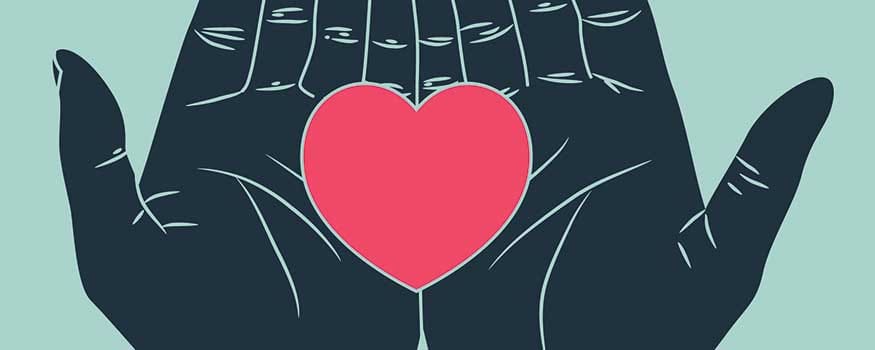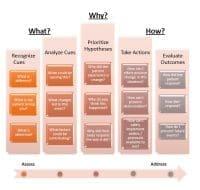The idea of the common good is an ancient concept, going all the way back to Aristotle, Plato, and Cicero. What exactly is it? The contemporary ethicist John Rawls put it this way: the common good requires “certain general conditions that are…equally to everyone’s advantage.” Newsweek columnist Robert J. Samuel son explained the common good in far more practical terms: “We face a choice between a society where people accept modest sacrifices for a common good or a more contentious society where groups selfishly protect their own benefits.” In our age of individualism, with its motivating virtues of autonomy, self-reliance, and self-interest, the notion that individuals sacrifice anything is, to put it plainly, somewhat unwelcome.
The virtue that animates the common good is almost the polar opposite of individualism. It is solidarity. That is to say, it’s a firm and persevering determination to commit oneself to the good of everyone, because we are all responsible for each other. The common good, by its very nature, incorporates the ethic of responsibility.
The ethic of responsibility is the best answer I know to the meaning and meaningfulness of life. When I first became a nurse, the most difficult duty I had was to tell a child’s parents that he was dead. New to the position and the people, I offered the only thing I had: I was with their son and held him as he died. I told them every detail I could remember. While I could not bring their son back, I could bring them the moments and manner in which he died. It was hard, and I cried with them as we held each other. Why did I do it? Because they needed to know, they had a right to know, and I owed it to them. And because, ultimately, we are all responsible for each other.
This one act, performed so many years ago, reinforced for me the crucial distinction between the urgent and the important. I had a lot of things to do—reporting, cleaning, charting. In other words, a lot of irrelevant busywork in the face of a boy’s death and his parents’ grief. The things we spend most of our time pursuing turn out to be curiously irrelevant when it comes to seeing the value—and the loss—of a life. They are urgent in that they’re required, but they’re not important. However, in the crush and press of daily life, the urgent tends to win out over the important. The important things in life are what nursing is all about. No matter how urgent a task, it’s good to remember what’s important. It’s why Florence Nightingale, stressed and overwhelmed, frequently took the time to write letters to the families of dying soldiers in the Crimea.
What has any of this to do with individualism or, for that matter, the common good? Perhaps I can explain it better this way: Happiness (the ultimate goal of individualism) is a matter of a life well lived, one that honors the important, not just the urgent. Research indicates that people who feel responsible for others experience more life satisfaction than those who feel they have no obligation to anyone other than themselves. Why? The desire to give is stronger than the desire to have. And that is what responsibility for others and the common good are all about. This alone is enough to defeat cynicism and fatalism about the human condition.
Leah Curtin, RN, ScD(h), FAAN
Executive Editor, Professional Outreach
Selected reference
Itkowitz C. Harvard researchers discovered the one thing everyone needs for happier, healthier lives. The Washington Post. March 2, 2016.


















